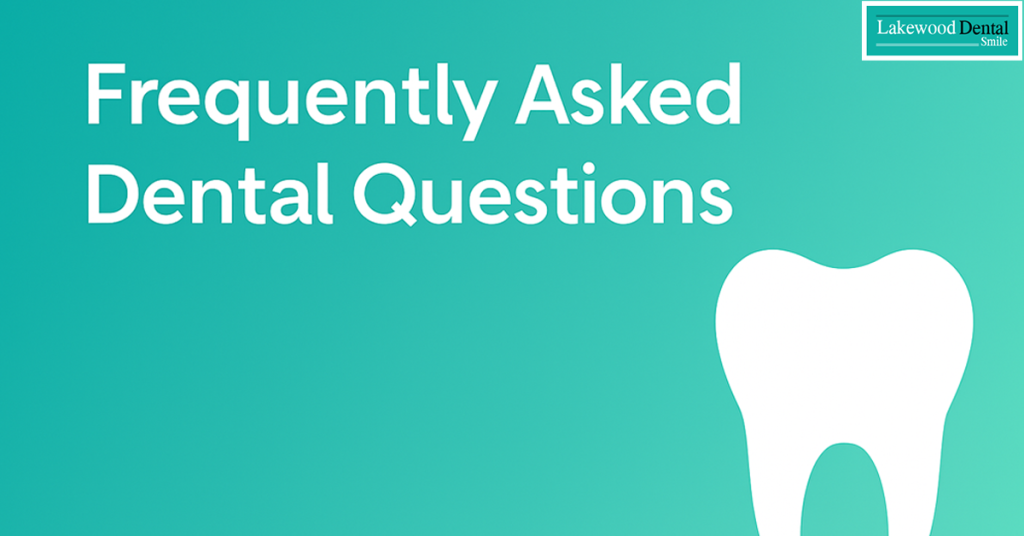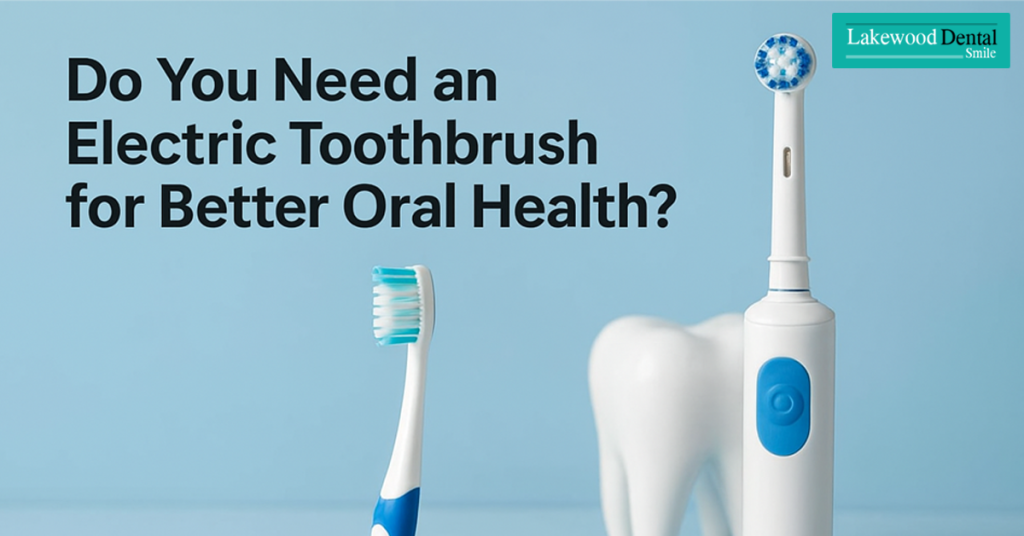Dental anxiety treatment is the first step to overcoming fears that keep many people from visiting the dentist. Some individuals feel stressed or tense just thinking about a dental checkup. These fears, often caused by dental anxiety or dental phobia, can lead to postponed appointments, worsening oral health, and complications such as gum disease, infections, and even tooth loss. Understanding the difference between dental anxiety and dental phobia is key to effective management. While anxiety is a feeling of discomfort or worry, phobia is an intense, sometimes debilitating fear that can prevent dental visits altogether.
By addressing these fears through proper dental anxiety treatment, patients can regain control over their oral health and avoid long-term complications.

What Causes Dental Anxiety or Phobia?
Dental anxiety and dental phobia stem from several common triggers:
1. Fear of Pain
Adults over 25 often report dental pain as a primary cause of anxiety. Previous negative experiences or lack of knowledge about modern, painless dental procedures can amplify this fear.
2. Feeling of Helplessness
Patients may feel powerless during a visit, uncertain about what will happen or what might cause discomfort. This lack of control often heightens anxiety levels.
3. Discomfort with Personal Exposure
Close examination of the teeth can make some people feel self-conscious or embarrassed, creating reluctance to seek treatment.
4. Past Negative Experiences
Memories of painful or unpleasant dental visits can have a long-lasting impact, increasing avoidance behaviors and anxiety over time.
Recognizing these factors allows dentists to provide tailored dental anxiety treatment that helps patients feel safe and informed throughout their appointments.
7 Benefits of Dental Anxiety Treatment
Patients who seek dental anxiety treatment experience numerous advantages that extend beyond a single dental visit:
- Reduced Stress and Fear
Anxiety management techniques allow patients to feel calm, confident, and in control during dental procedures. - Improved Oral Health
Regular dental visits reduce the risk of gum disease, cavities, and tooth loss by addressing issues before they become serious. - Better General Health
Maintaining oral health supports overall wellbeing, lowering the risk of heart disease, lung infections, and other systemic complications. - Enhanced Self-Esteem
Patients often feel proud of their oral hygiene and appearance, contributing to greater confidence in personal and professional settings. - Time and Cost Savings
Preventive care reduces the need for emergency treatments, saving time, stress, and money. - Pain-Free Modern Treatments
Modern dentistry offers minimally invasive techniques, sedation options, and patient-friendly tools that make procedures virtually painless. - Positive Dental Experiences
Early intervention and gentle guidance can help patients associate dental visits with comfort rather than fear, breaking the cycle of avoidance.
Patient Scenario: Overcoming Dental Phobia
Jessica, a 32-year-old teacher from Dearborn, Michigan, had avoided the dentist for years due to intense dental phobia. She experienced tooth sensitivity, bleeding gums, and constant anxiety about her oral health. Upon visiting Lakewood Dental Smile for dental anxiety treatment, the team explained each step of the examination, offered relaxation techniques, and ensured she had full control over her comfort level.
After just two appointments, Jessica reported feeling more confident, pain-free, and informed about her dental care. Her gums improved, cavities were treated promptly, and she even learned at-home tips to maintain oral hygiene. Jessica’s experience illustrates how professional dental anxiety treatment can transform not only oral health but overall wellbeing.
3 Essential Aftercare Tips for Patients with Dental Anxiety
To maintain the benefits of dental anxiety treatment, patients can follow these practical tips:
- Practice Relaxation Techniques
Deep breathing, visualization, or listening to calming music before a visit can reduce stress and improve overall comfort. - Schedule Regular Checkups
Consistency reduces fear over time, as patients become familiar with dental procedures and build trust with their dentist. - Communicate Openly with Your Dentist
Sharing concerns and preferences allows dentists to adjust treatments and provide reassurance, ensuring a positive experience.
Conclusion
Dental anxiety treatment at Lakewood Dental Smile empowers patients to overcome fears and maintain optimal oral health. By addressing anxiety or phobia early, individuals can prevent gum disease, tooth loss, and related health issues while enjoying confident, stress-free dental visits. If dental worries have held you back, now is the perfect time to seek guidance and support at Lakewood Dental Smile.





